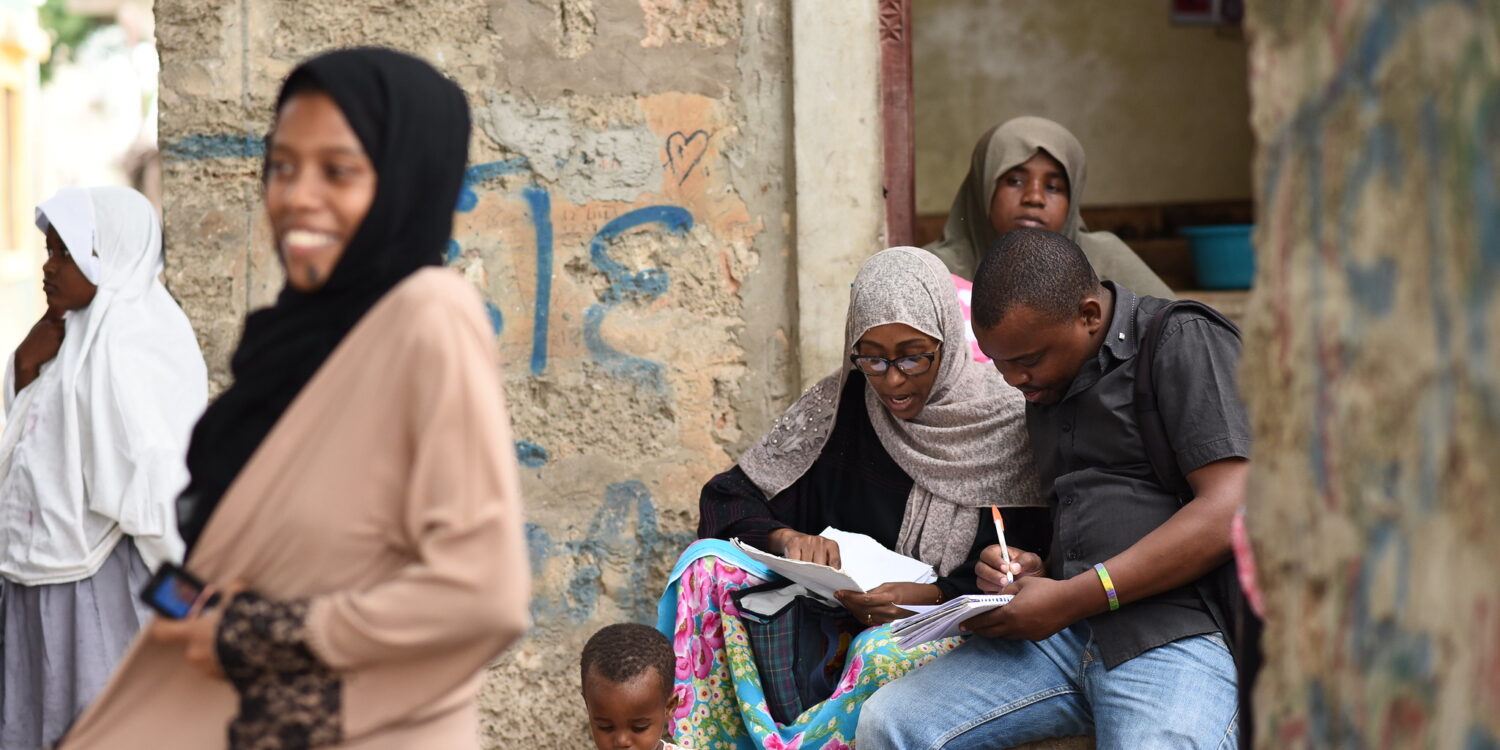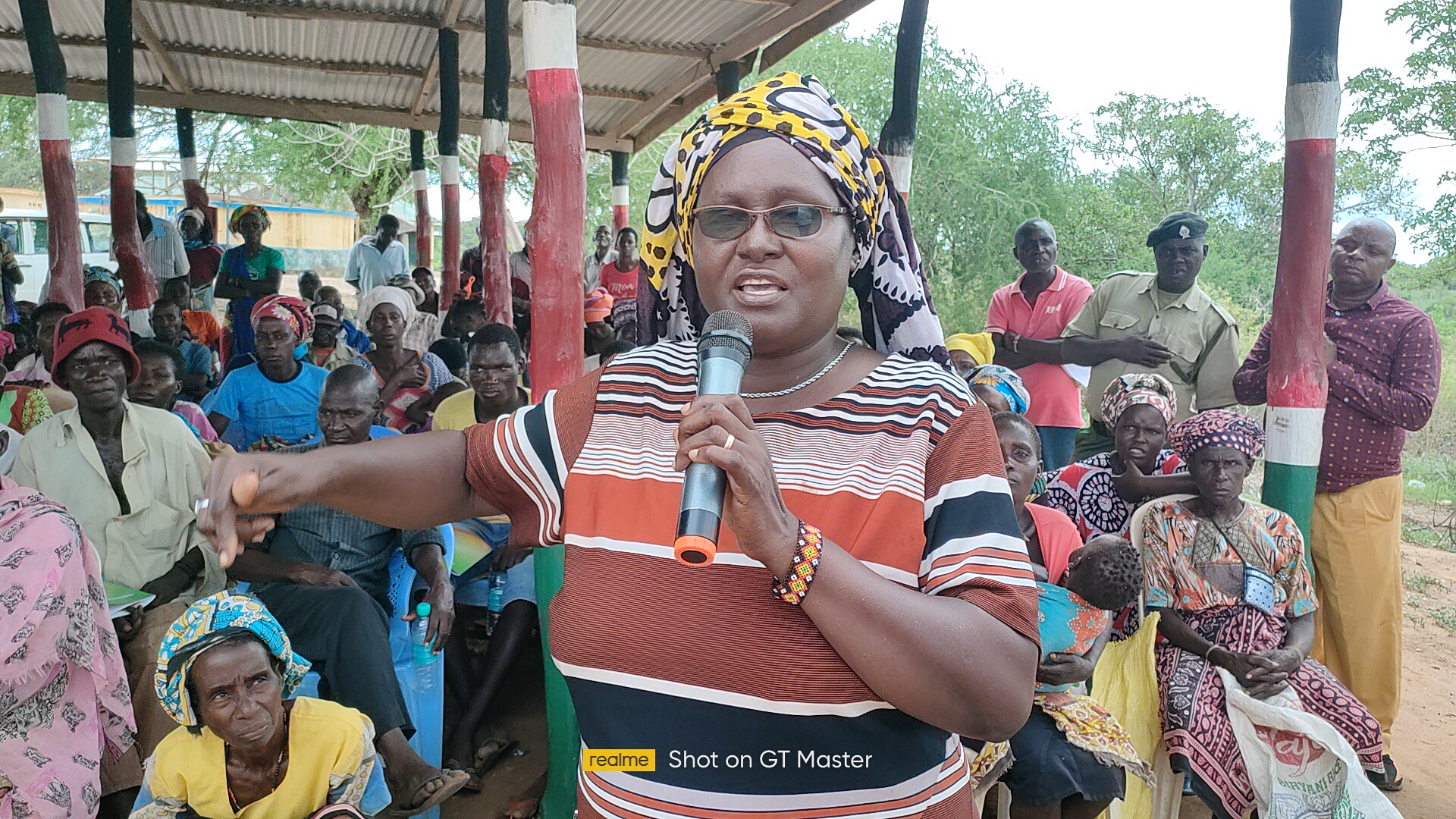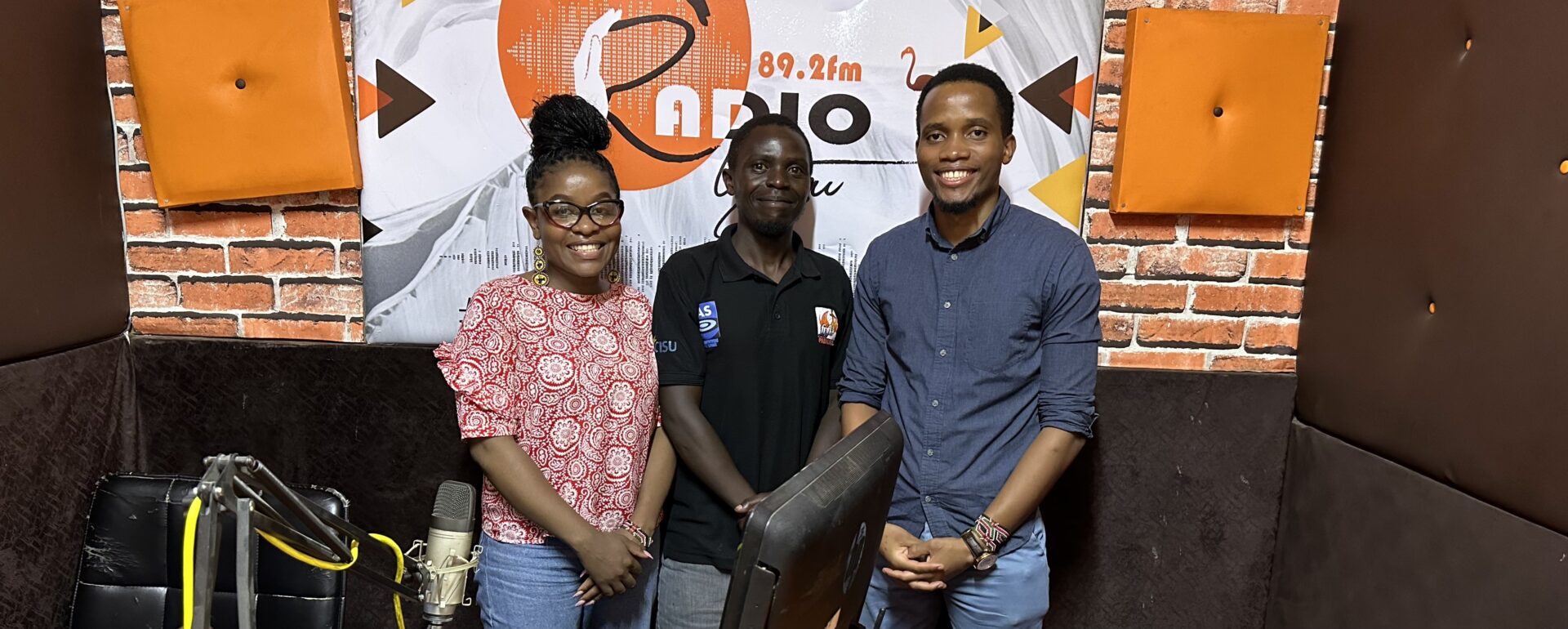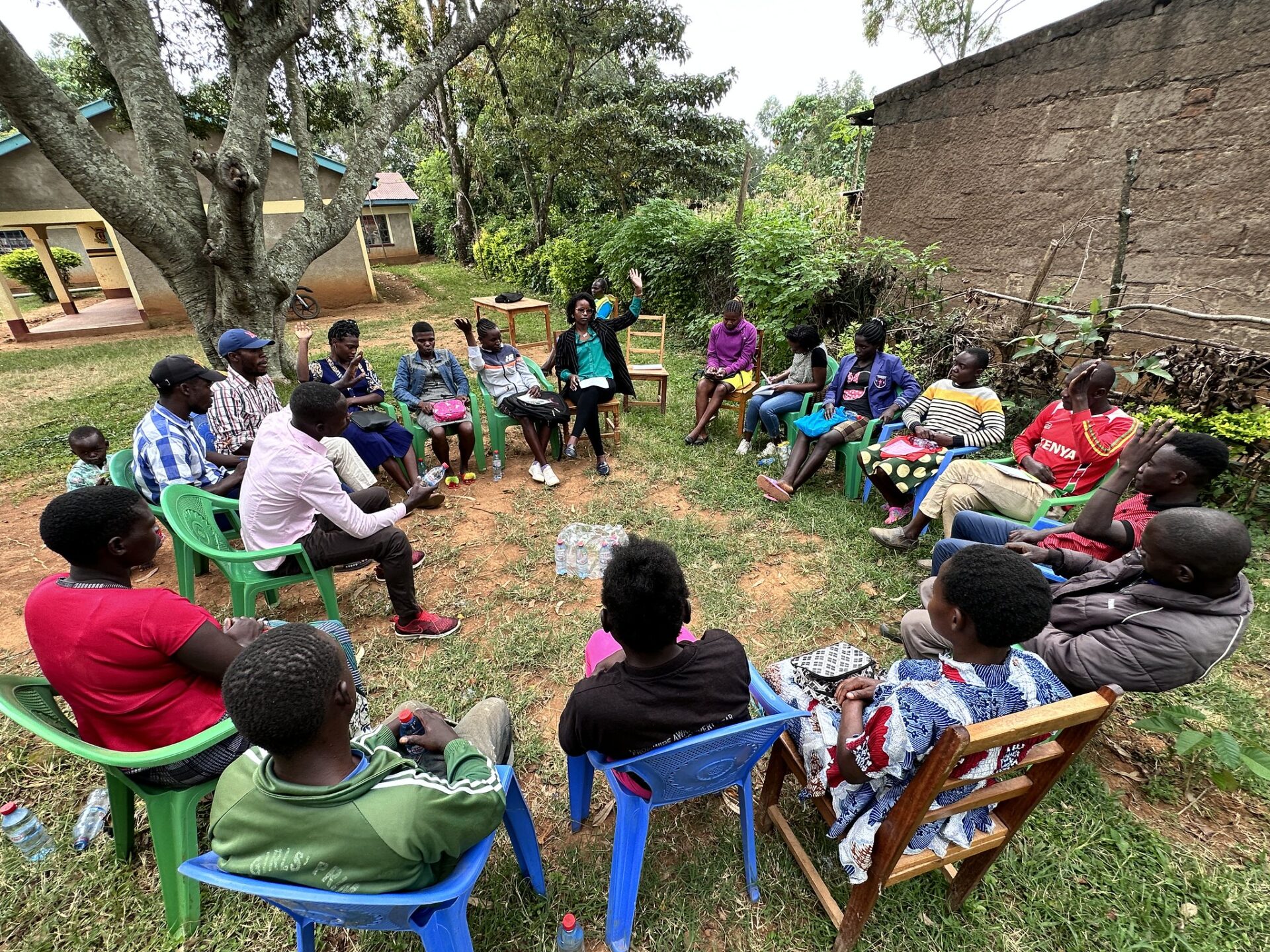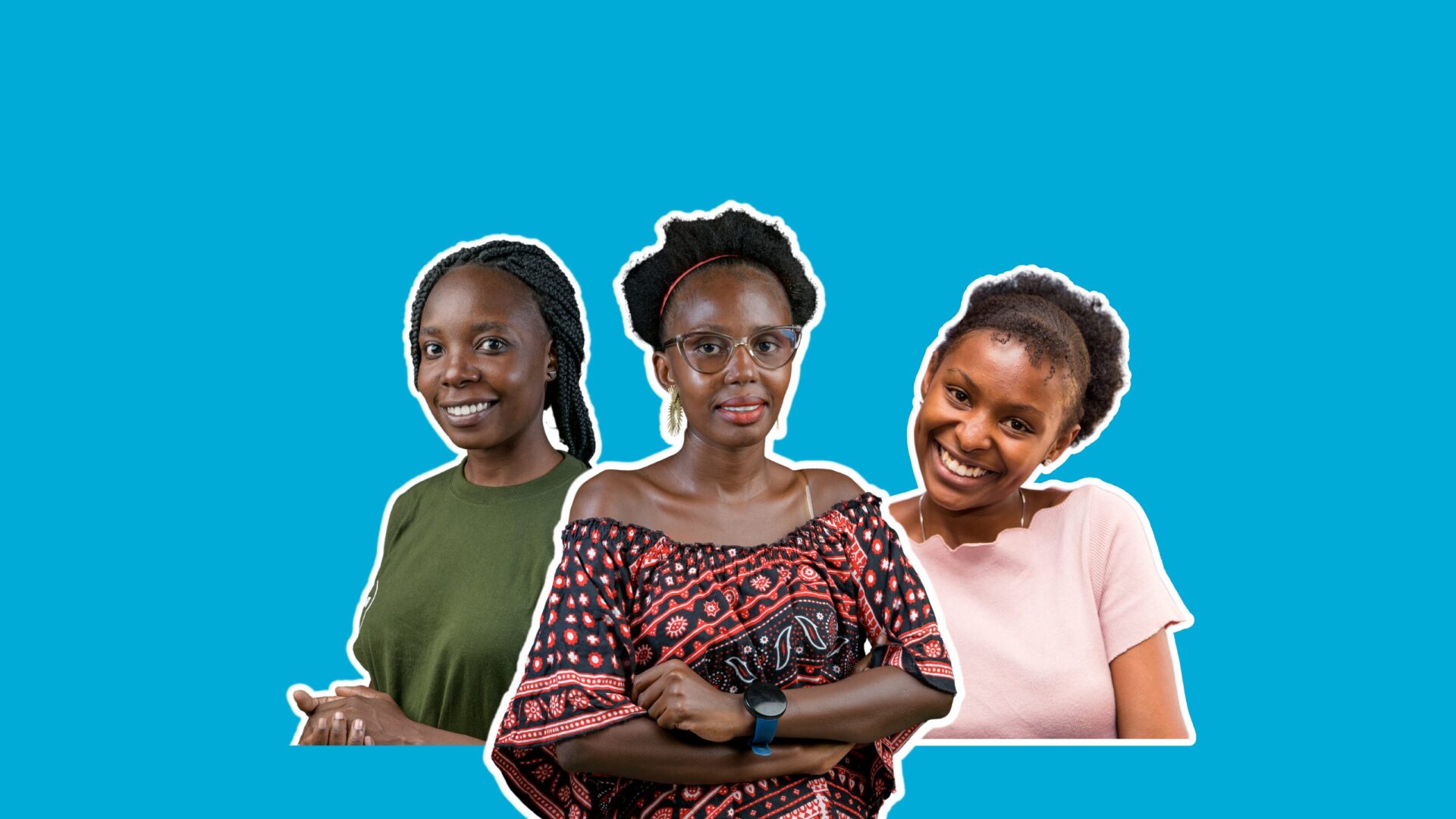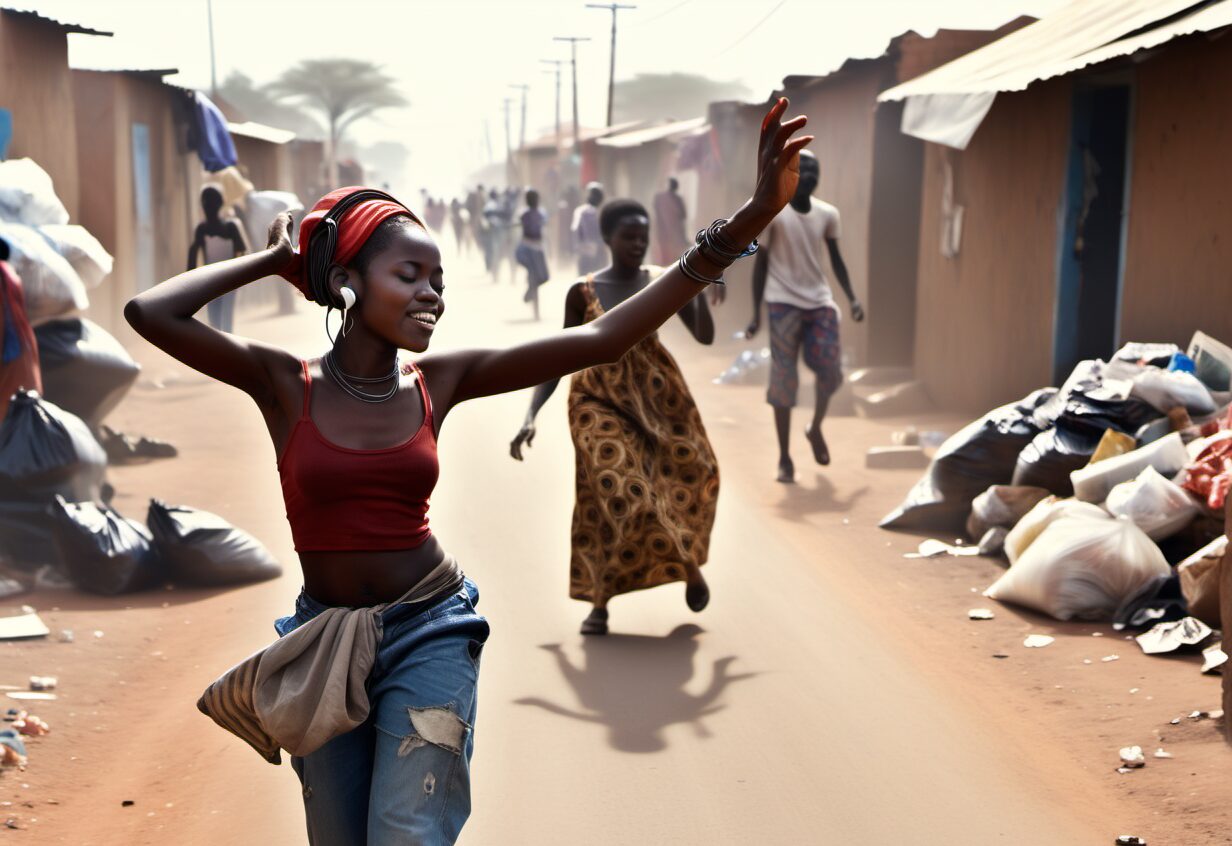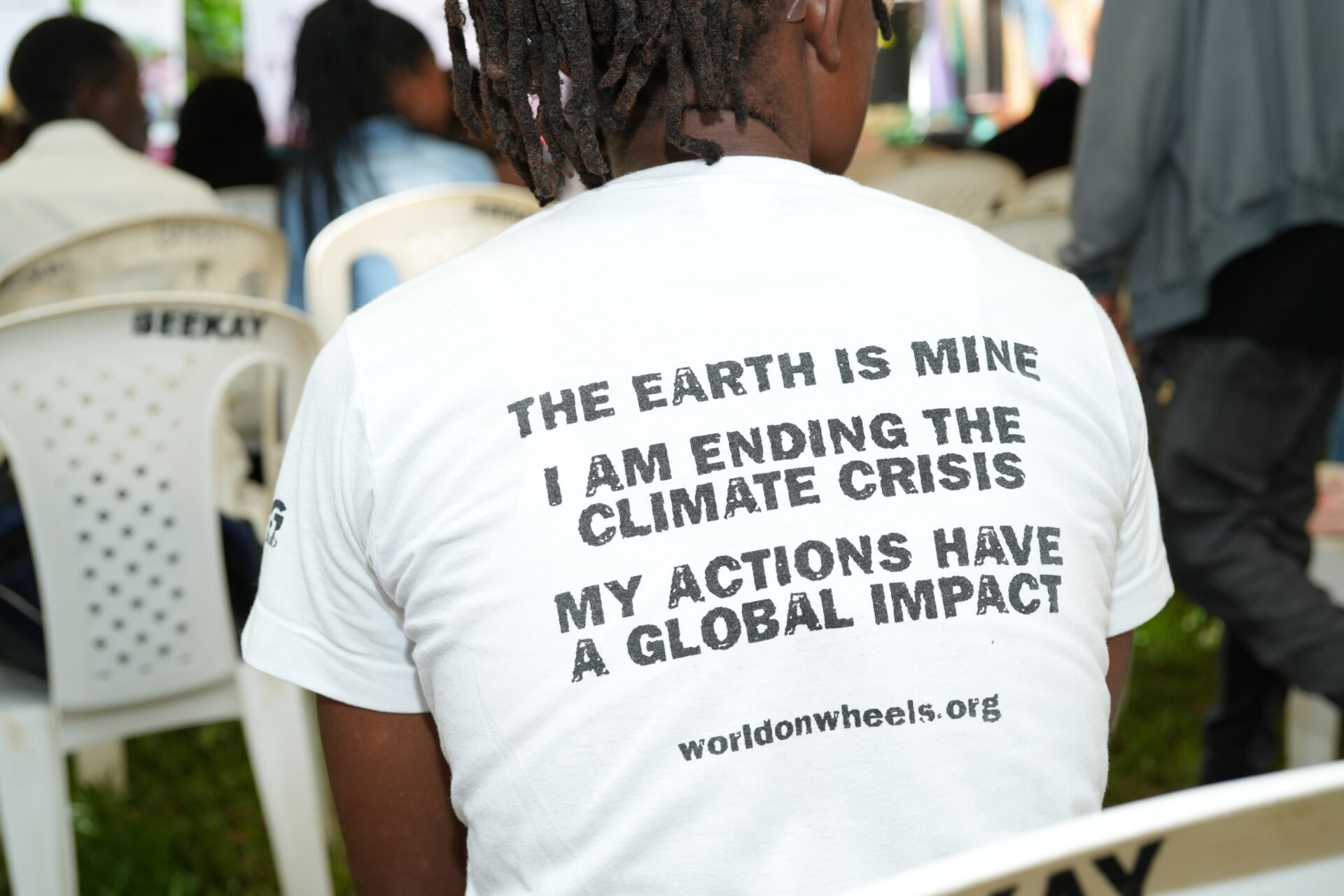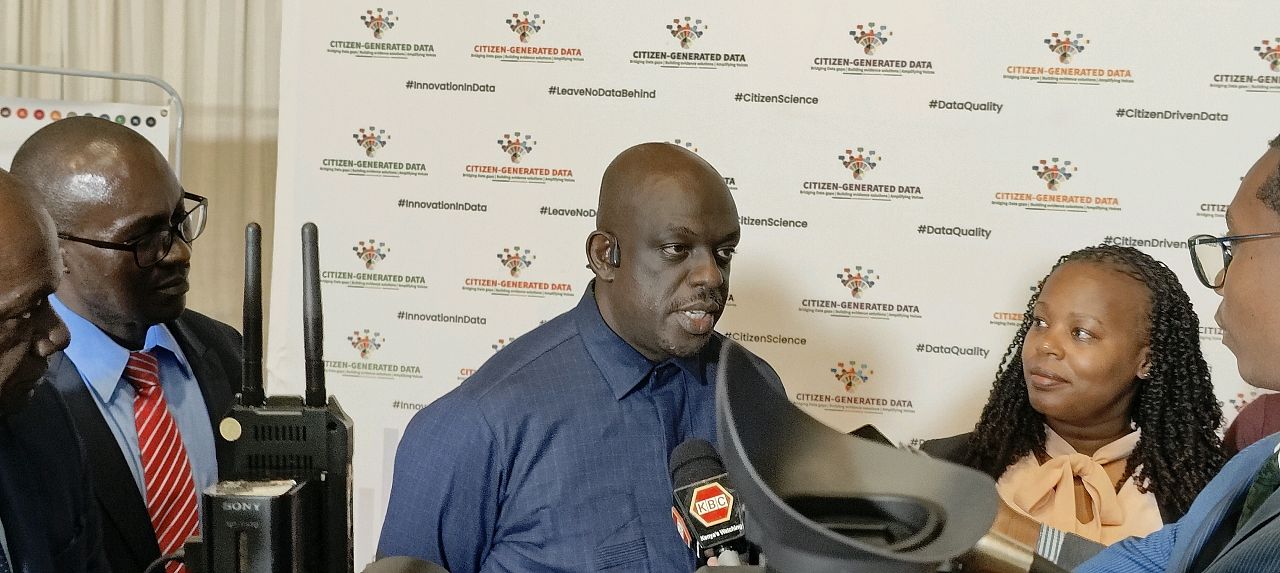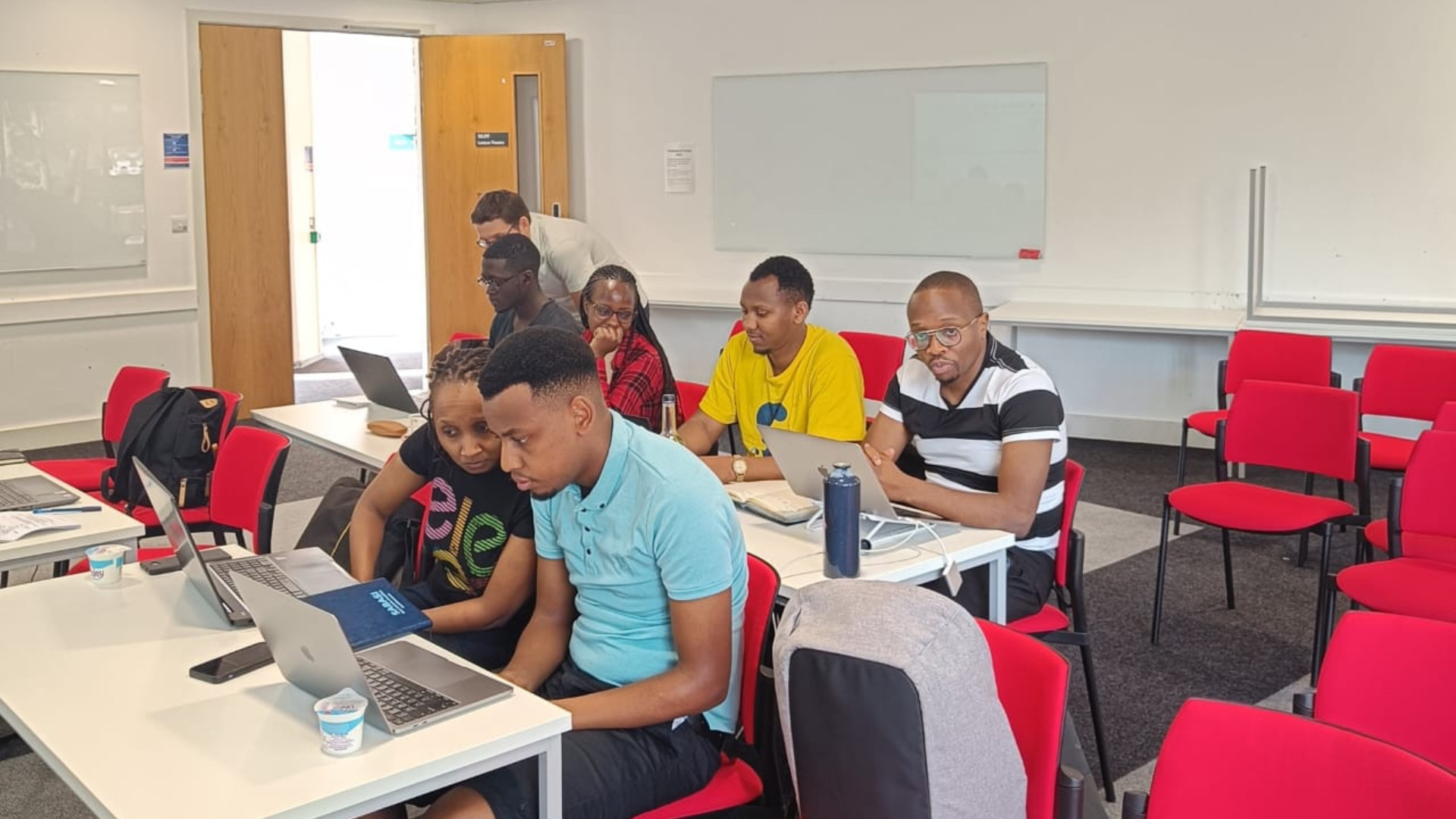As the year 2019 comes to a close, we are in a reflective state. This year was for us so transitory, that we intentionally deferred our strategic planning for the next few years. We needed to use it to simply understand what was in flux and that needed time. So we took the year to allow organised chaos to reign in our programming.
One of the concerns that we heard from many of our friends was that we seemed to be doing too much, given the size of our team and our work seemed to be going in too many different directions. We seemed to be spreading ourselves too thin. The organised chaos was interestingly colourful:
- Since 2013, we have been working with 47 subnational governments in Kenya to develop systems and knowledge towards having them become more transparent and engaging of their citizens. The central point of this work has been the Open County platform – a data platform that we have developed together with the Council of Governors, with the support of the World Bank. The off-shoots of this work have been varied but connected. We have worked with counties to try and understand what their own data needs are, we have worked with county governments on participatory budgeting and promoting open contracting, we have experimented with developing platforms for subnational knowledge such as Devolution Hub and a knowledge hub with the Kenya School of Government and so much more.
By this year that work had consolidated itself towards the development of County Data Desks – essentially the lite versions of Statistical Offices. We succeeded in developing a framework of how this could be done and co-created its implementation together with six counties in Kenya, who are all at different stages of implementation. Elgeyo Marakwet county was the first to go through the rigorous process of establishing the data desk. In 2020, we are looking forward to seeing others launch theirs.
- Since September 2015, we started an experiment that has taken us to wonderful areas of discovery on what citizens can do, when they work together using data and then engage fruitfully with government. As the Sustainable Development Goals (SDGs) were launched, we had a hypothesis – that the way that they will be achieved more effectively than the Millenium Development Goals is if (a) citizens are directly involved and (b) if development is structured to focus individually on every household, in every village. To wit, what we have been suggesting is that if we can eliminate “generalised development” by having data on every single person in every single household, then we can hasten development even faster.
Kenya has in the past few years moved to decentralise its governance to a federalised state. In our hypothesis, we thought that if these subnational governments could have more disaggregated administrative and gendered data, then they would have a far better understanding of their citizens’ specific needs and micro-target development. We think that this will reduce the wanton wastage we see as governments try to equally distribute their resources – often based on general sample-driven data.
These experiments led us to work with a small community in Lanet-Umoja location and see them check off SDG indicator No. 6.1 as each of the 12,500 households in the location got a water filter (see picture below) to purify the water in the location. We moved on to try to collect data in several locations with interesting results. We are now working with a county to figure out how such a system would work in an entire county and how the subnational governments would use the data to make a difference.
- Since 2018, we worked with volunteers in Nairobi county to collect data on how accessible Nairobi is, and as we did that, we had the immense privilege of working under the guidance of the inimitable Crystal Asige, to think through our own Diversity Equity and Inclusion practices and to develop our offices, the Kaya into a largely accessible space for everyone. We are hoping to continue to use the MapAbility to engage with government to make our urban spaces more accessible for everyone – especially people with disabilities. In this time, we partnered with a TV station to develop a TV programme to discuss issues that are important to People with Disabilities too.
- This year, as we worked on (1) and (2) above, we became curious about Artisinal Miners in Kenya, and we set out to understand how they engage with government and other stakeholders and how they are involved in the decision making around their livelihoods. We met with the most disenfranchised people in Taita Taveta, Kwale, Kakamega, Vihiga, Lamu and Migori counties. We heard heart-wrenching stories such as of a miner who sold 13 KG of Tsavorite at a mere Kshs. 13,000 (130USD), even though its value is estimated at about USD 1,500 per Carat – meaning that he was carrying more than USD 100,000,000! We met women who do not benefit from gold mining on their own land because they are not allowed to go into mines. We saw hundreds of young people who do back-breaking work in mines, barefoot or in slippers, with no considerations made for safety.

An artisan Miner in Migori coming back up after 24 hours in the mine. 
Women don’t go into mines. Instead they scavenge the already harvested rock for what they can get. 
“we mine as we are,” said an artisan miner as he described their lack of safety gear. 
Our Prolyne, was the first woman in Vihiga county to actually go down a mine. 
Artisan Miners in Taita Taveta County live in these temporary homes while they work then go home to their families at the weekend. 
“We have a rough time as women, because we make the least money but we take care of our families while the men drink their earnings” 
This is an artisan miner’s home in Kasigau. 
Young people make up the largest number of artisan miners
“I do think the fundamental question of how our democracy works at a micro level, whether it’s your county, or city government, or national government, ought to be in inquiry now.”
Darren Walker, President, Ford Foundation
This was the year that all of these buckets of work came together as we realised that the fulfilment of our mission will be done based on our now firmly ingrained belief that the arena for development is no longer national but subnational. What this means for us is that the world is likely to have shifted under the feet of development practitioners and now there needs to be completely new learning about how governments can operate more effectively in delivering services to their people, how people hold their governments to account, how data can be used in new ways by new players to effect change differently. We think that this means that there is a need for bold, risk-laden, fundamentally different approaches that yield development in meaningful ways.
This realisation comes to us as we observe a number of key facts:
- 77% of Africans are youth. In stark numbers for example, we learn that 8.5 Million people were born in Kenya between 1999 and 2004. Even accounting for the 2.99% neonatal mortality rate in each of those years, we still find that there are more people who will be eligible to vote in the next elections than any candidate has ever won in a Kenyan election. This statistic is not unique to Kenya. In addition, homogeneity of demographics is a fast dying concept given the massive diversity of people, habits and inclinations.
- Technology has fully disrupted how people consume information and this is having an impact on how people respond to their needs. Facebook accounts for a much higher membership than the total circulation of all newspapers in Kenya and many other African countries. This means, for us, that infomediaries may have changed and they need to be investigated. It used to be that opinion leaders are newspaper columnists. Today it is social media influencers. The development space does not yet understand what this means for citizen participation and for how resources are applied to solved people’s most pressing needs. In fighting poverty, the world reviews employment statistics. But does it take into account the new jobs that young people are doing to make a living e.g. outsourcing machine learning in their bedrooms?
These and many more thoughts around this have led us to know a number of things about ourselves.
- We now know that we want to be at the forefront of exploring what these new frontiers look like – testing out new technologies and new uses for older technologies, understanding the new demographic compendium and figuring out what new data frameworks can be useful for development.
- We shall continue to focus our attention is working at the subnational level, with governments and citizens and we know that each of these subnational spaces will present vastly different needs, priorities and challenges. We are excited to see that there is growing momentum by different players in the space on focusing on this new arena.
- We know that disaggregated data is crucial for how development actions will be carried out in the subnational arena. The data management systems that have been used are due for some innovation. We want to be at the forefront of examining what these new systems will look like and finding new ways for government decision-makers and other stakeholders to consume data.
- We know that all this will mean that we should become comfortable with organised chaos as a way of life and that in the midst of that, we shall need to seriously build our monitoring and learning muscle so that we (and you) can learn from our efforts and inform how we course correct.

We are still introspecting but we welcome contributions and ideas on what you think we should be focused on or how we might achieve all of these things. We also welcome partners to work with us in our exploration.

